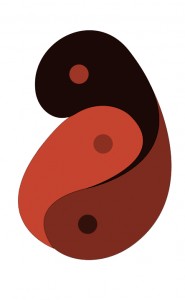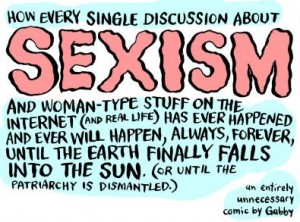 Life is rough for men wealthy enough to own an iPad: “how to carry it in a manner that is practical and yet, well, masculine.”
Life is rough for men wealthy enough to own an iPad: “how to carry it in a manner that is practical and yet, well, masculine.”
This is from a New York Times story that chronicles the danger of the iPad on a man’s masculinity, specifically, the need for a carrying case that does not look too much like –gasp!– a woman’s purse. The horror of appearing slightly feminine runs so deep that CNET ranks bags with a “humiliation index” (would be better to call it a “heteronormativity index”).
The story turns especially dark when we learn that Apple’s neglect has resulted in some men not being able to leave the house with their iPad. Or even worse, not buy one at all in fear of not appearing masculine enough. But there is hope for these rich males: “Scottevest plans to introduce an iPad-compatible blazer in time for Christmas.” See the manvertising here.




